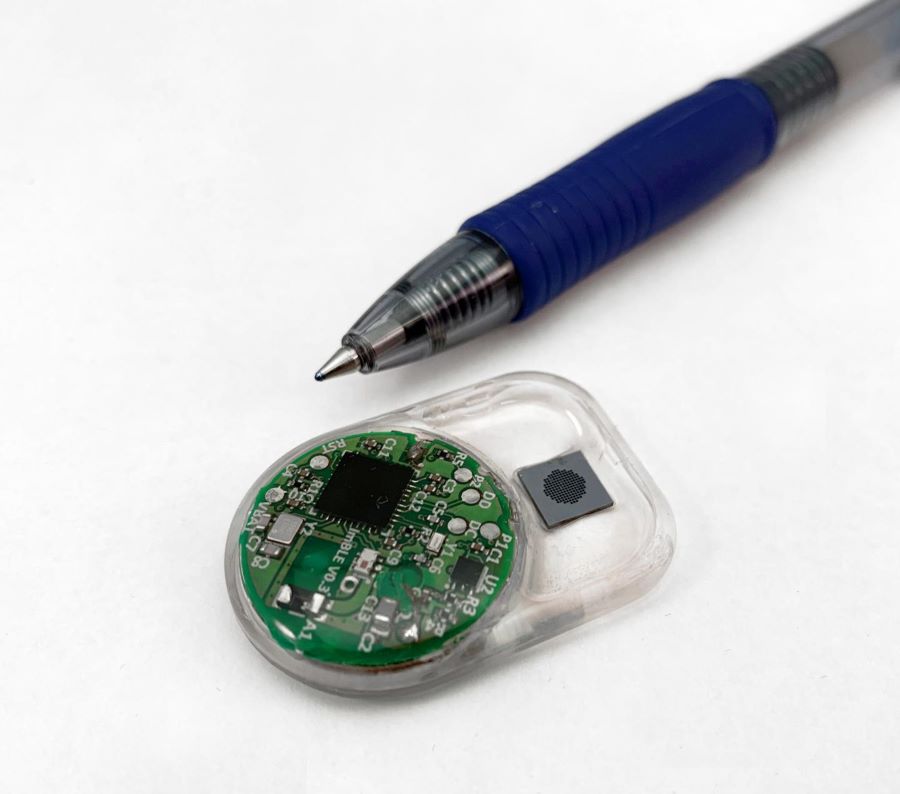
Developed by a team at Houston Methodist Hospital in Texas, the nanochannel delivery system (nDS) is about the size of a grape and powered by a battery. Once implanted under the skin, wireless Bluetooth technology is used to control drug delivery. Varying the electric charge modifies the concentration driven diffusion across a nanofluidic membrane, with different levels of charge corresponding to higher or lower dosage.
According to the researchers, the device can provide controlled release of drugs without the use of pumps, valves or a power supply for possibly up to year without a refill for some patients. A paper published in the journal Lab on a Chip describes how the implant was used to demonstrate long-term delivery of drugs for rheumatoid arthritis and high blood pressure, medications that are often administered at specific times of the day or at varying dosages based on patient needs.
"We see this universal drug implant as part of the future of health care innovation,” said Dr Alessandro Grattoni, corresponding author and chair of the department of nanomedicine at Houston Methodist Research Institute.
“Some chronic disease drugs have the greatest benefit of delivery during overnight hours when it's inconvenient for patients to take oral medication. This device could vastly improve their disease management and prevent them from missing doses, simply with a medical professional overseeing their treatment remotely.”
Grattoni and the Houston Methodist team have worked on implantable nanochannel delivery systems to regulate the delivery of therapies for medical issues ranging from HIV-prevention to cancer. As research progresses with the remote-controlled device, the technology is planned for extreme remote communication testing on the International Space Station in 2020. The team hopes the system will be widely available to clinicians to treat patients remotely via telemedicine.




Project to investigate hybrid approach to titanium manufacturing
What is this a hybrid of? Superplastic forming tends to be performed slowly as otherwise the behaviour is the hot creep that typifies hot...